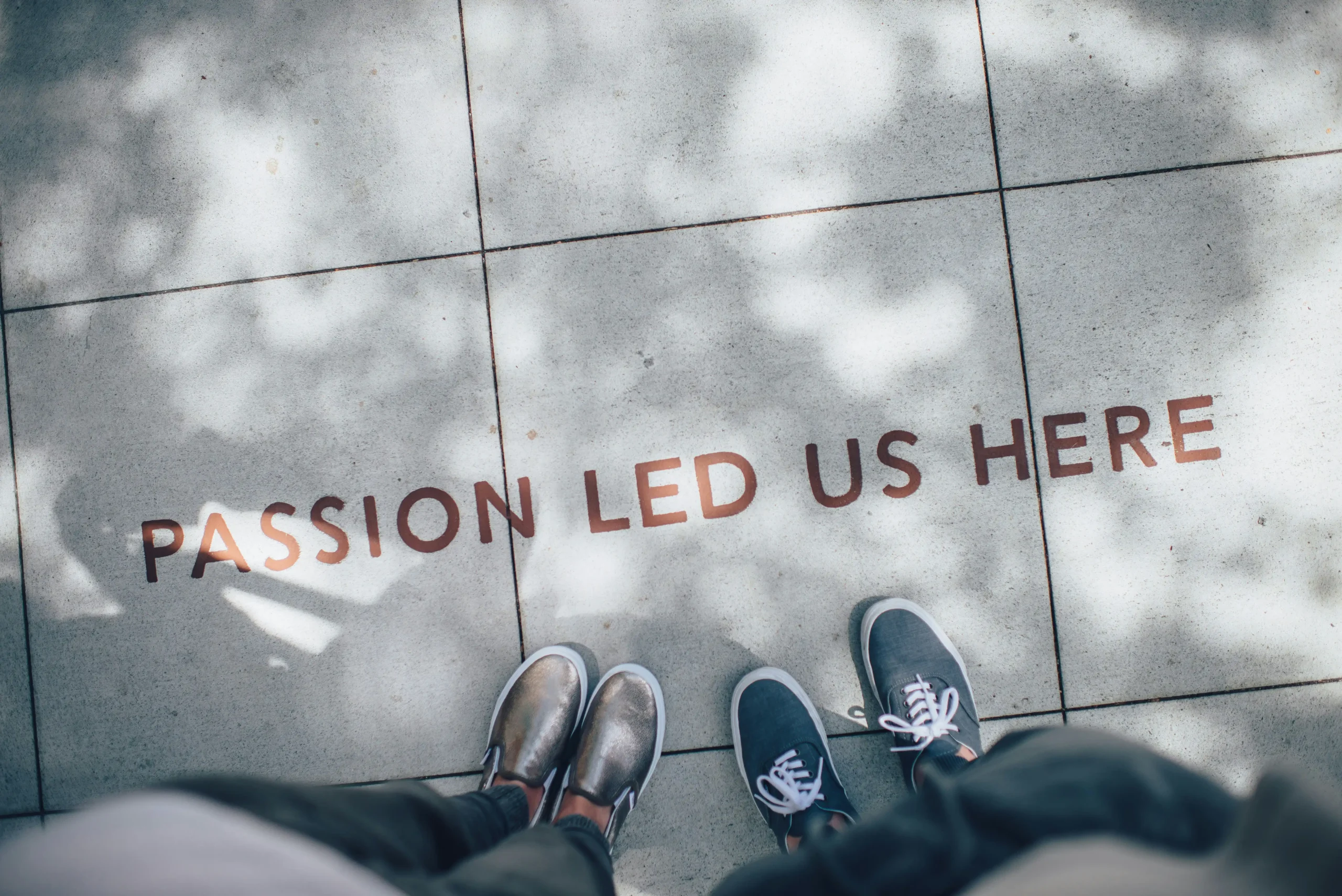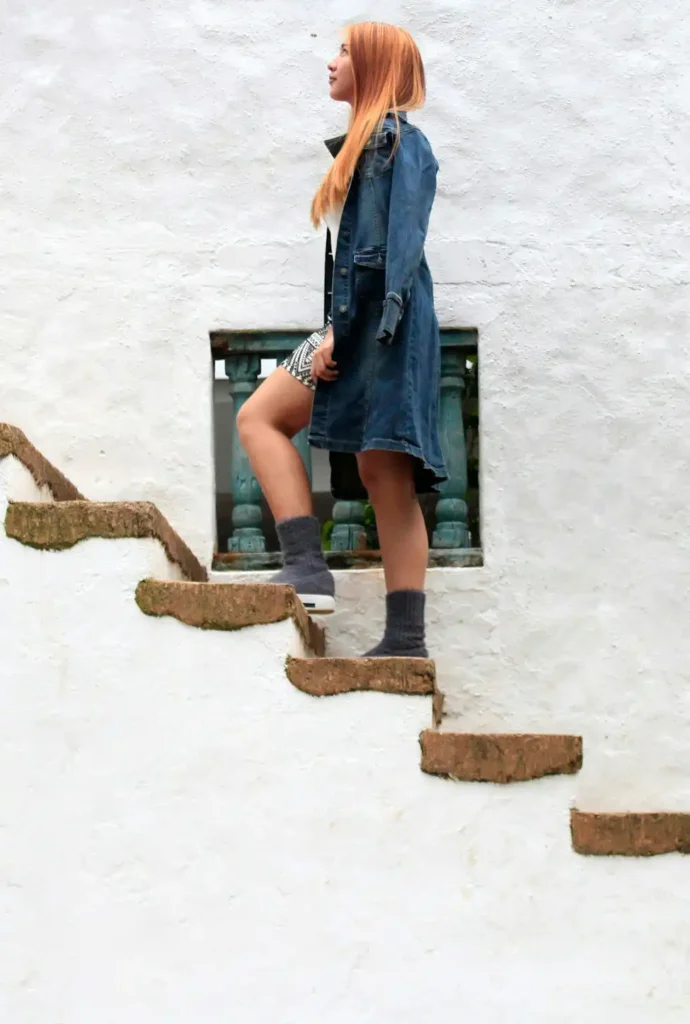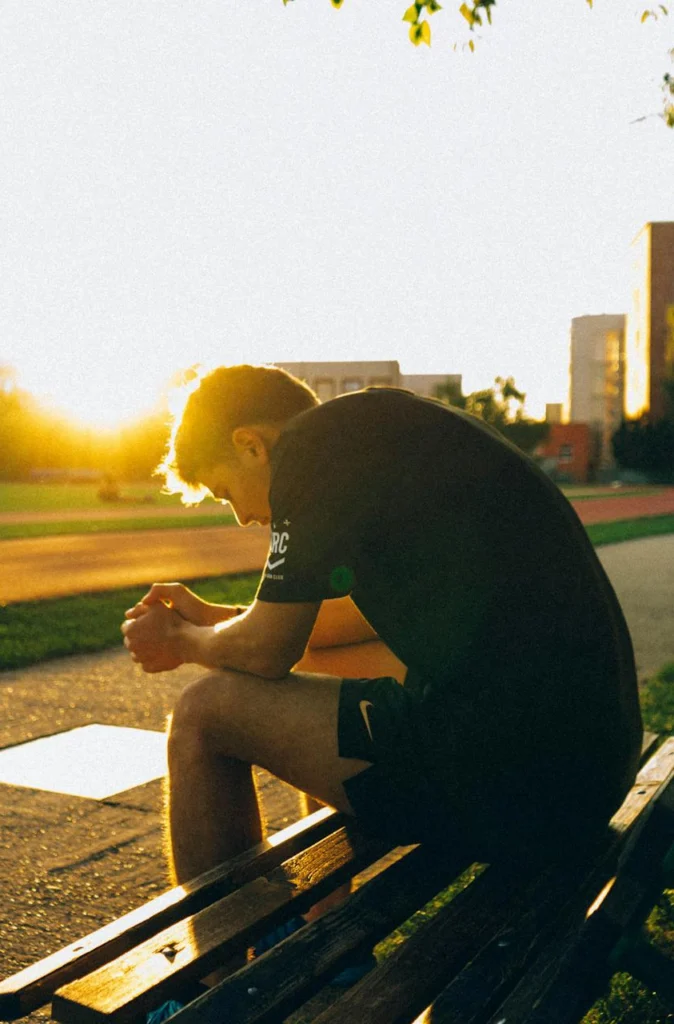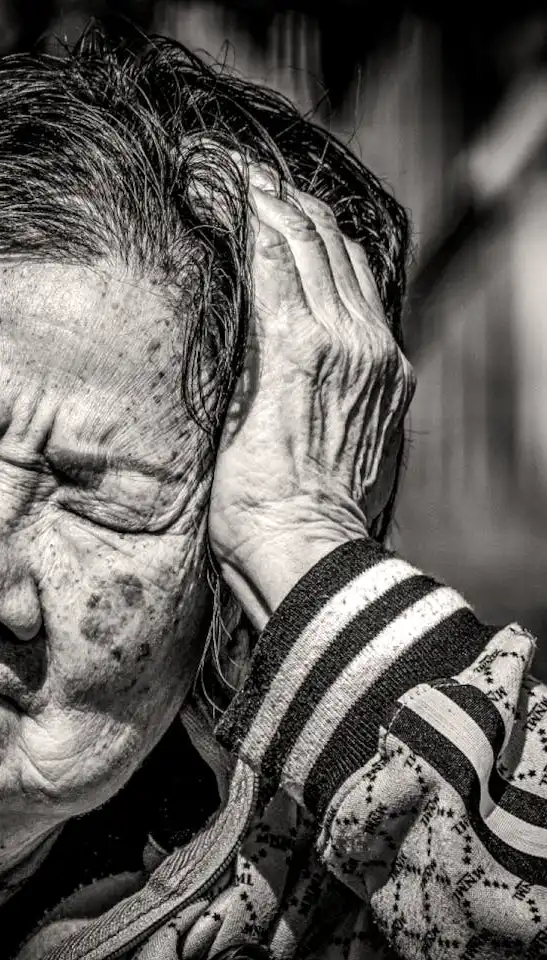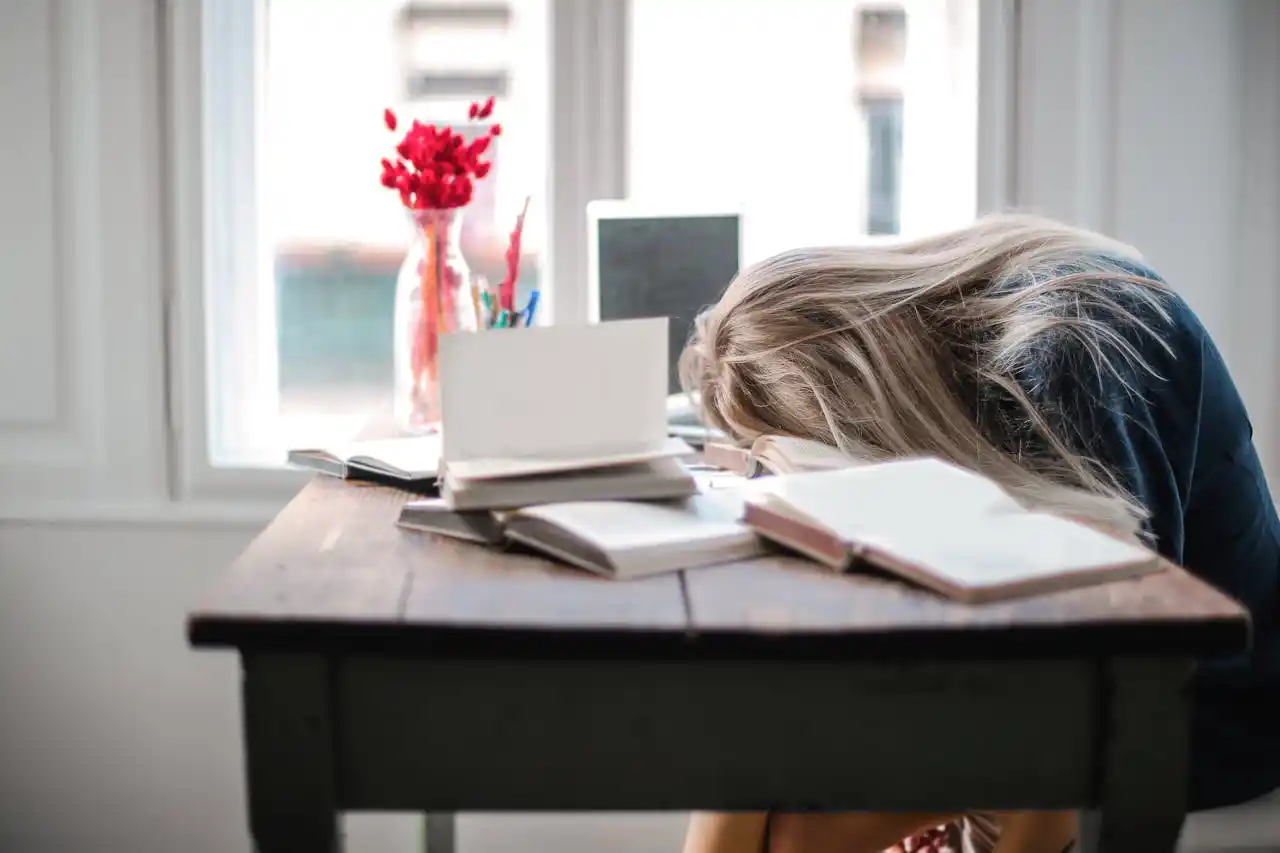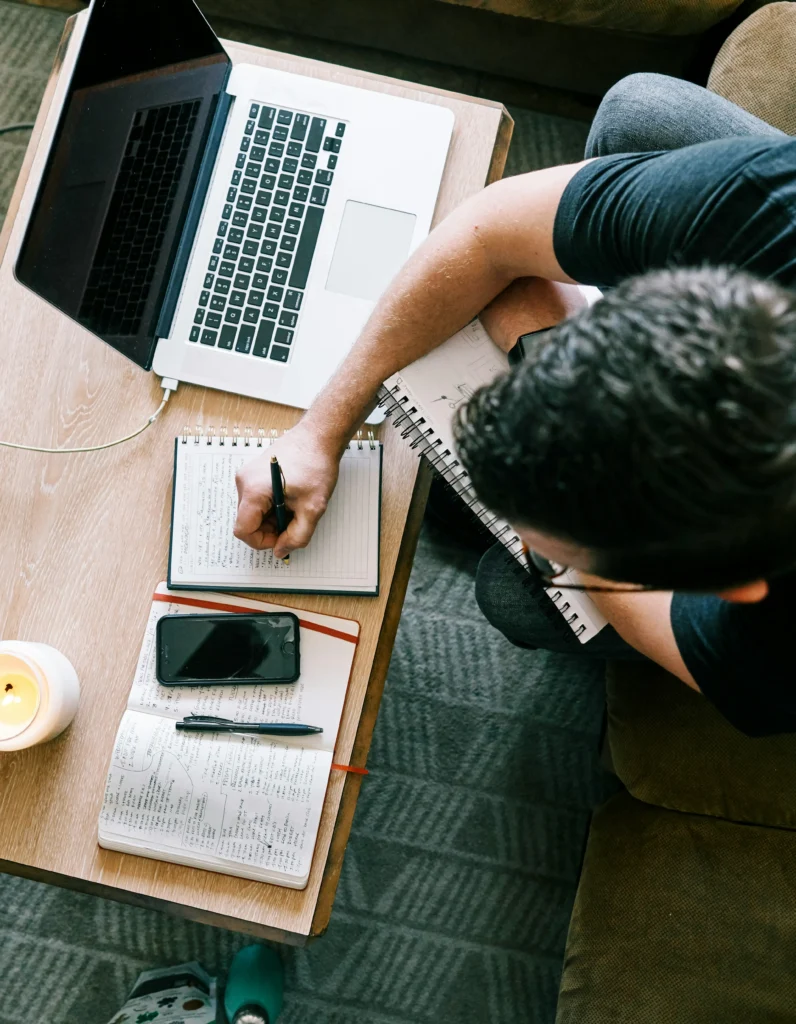I’ve always been good at making plans with friends and keeping an active social life. But doing things on my own — especially when my friends were busy — always felt difficult.
For the longest time, I felt deeply uncomfortable going for a walk alone, sitting at a café by myself, or even heading to a crowded gym without someone next to me.
The discomfort would take over my body, making the whole experience feel worse than it actually was.
But there is a solution to this: you have to embrace the discomfort of being alone without letting it turn into loneliness. And it gets easier than you think.
Trust Yourself First
The first step is trusting yourself.
Just because you’re alone doesn’t mean you look any different to others.
You might feel a little stiff or awkward, but to the outside world, you probably seem perfectly normal.
Most people are too focused on themselves to notice the small discomforts you’re carrying inside.
You are still you — whether you’re surrounded by friends or standing completely on your own.
The more you trust that fact, the less “exposed” you’ll feel in solo moments.

When Being Alone Felt Unbearable
I first noticed my discomfort when I realised I would do anything just to be out and about — simply because I hated staying home alone.
As an only child, weekends without plans felt especially hard.
It felt like my mind and body were on hold, waiting for someone to pull me back into real life.
If I stayed home, late-night overthinking would hit me like a wave. Even things that should have been comforting, like watching a movie, felt hollow and unsatisfying.
I would constantly feel like I was missing out on life, stuck in a room with nothing meaningful to do.
Giving Less Power to Discomfort
One of the biggest shifts happened when I stopped giving uncomfortable situations so much power over me.
One night, I decided to go to a club alone.
At first, it was strange — standing by myself, pretending not to care, wondering if everyone noticed.
But after some time, I started to have fun. I danced. I laughed. And I realised… it was easier than I thought.
Would I go clubbing alone again? Maybe. Maybe not.
But now I know I can — and that’s what matters.
Stop Fuelling the Anxiety Loop
Another thing that helped me was changing how I reacted when I felt awkward at the gym or out in public.
Before, whenever I felt uncomfortable, I would text my friends, searching for reassurance.
But that just made the anxiety stronger, because it gave the discomfort even more attention than it deserved.
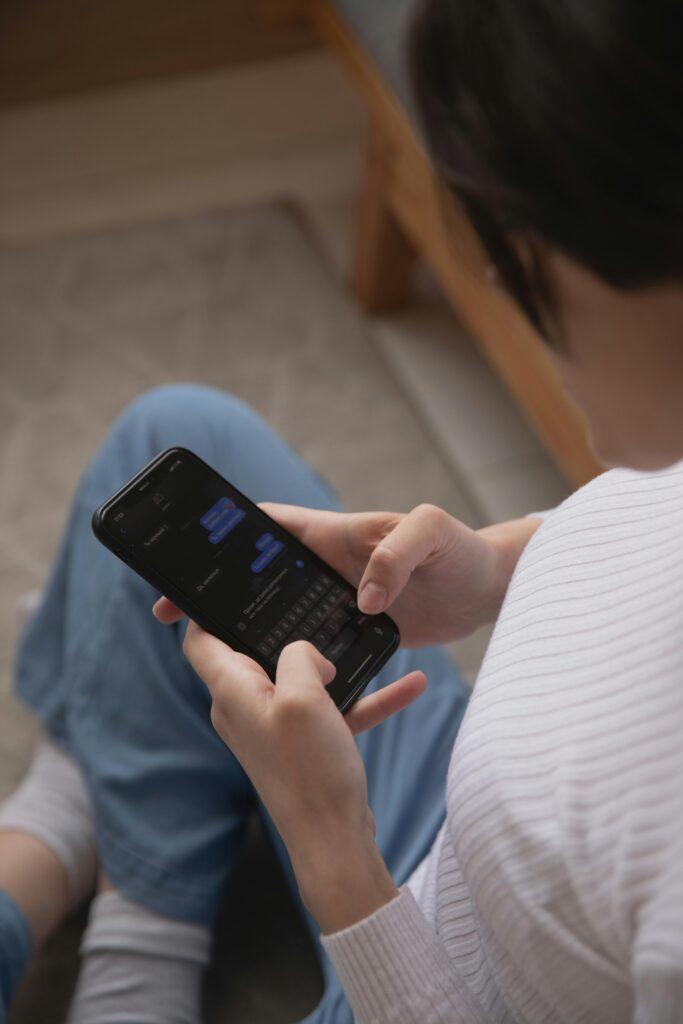
Now, instead of texting someone, I open my Notes app and type out whatever I’m feeling.
Most of the time, once I see the thoughts written down, they lose their power — because they sound kind of silly.
Not every thought you think is true.
Sometimes, your brain is just throwing random fears at you, and it’s okay to let them pass without acting on them.
Practice Facing Awkward Moments
Another small habit that helped me was greeting random people when I’m out walking.
Even just saying “hi” to a stranger once a day helped me build confidence.
At first, it felt so awkward, like I was forcing it. But with time, it started to feel natural — because honestly, who cares?
Most people appreciate a little friendliness. And even if they don’t, it doesn’t matter.
You can’t live life while being afraid of awkwardness.
There will always be strange or uncomfortable moments.
But the more you face them, the stronger your spirit becomes.
Conclusion
Spending time alone doesn’t have to feel like a punishment.
It can be a powerful way to build independence, resilience, and true self-confidence.
You are not missing out on life by being alone sometimes — you’re living it, strengthening yourself for everything that’s still ahead.
Next time you feel the discomfort creeping in, remind yourself: You’re still you. You’re still living. And you’re doing just fine.

